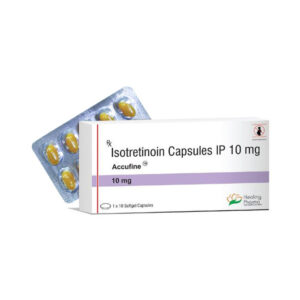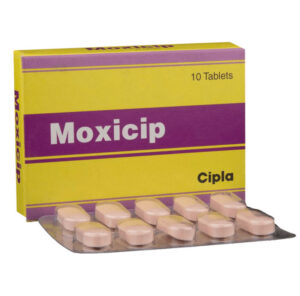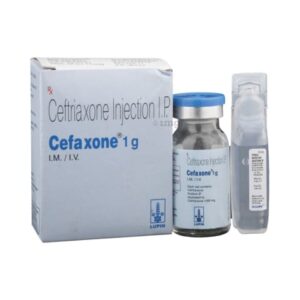Amoxycillin Information
Pronunciation
(a moks i SIL in)
What is this drug used for?
• It is used to treat bacterial infections.
• It may be given to you for other reasons. Talk with the doctor.
Frequently reported side effects of this drug
• Nausea
• Vomiting
• Headache
• Diarrhea
Other side effects of this drug: Talk with your doctor right away if you have any of these signs of:
• Clostridioides (formerly Clostridium) difficile-associated diarrhea
• Stevens-Johnson syndrome/toxic epidermal necrolysis like red, swollen, blistered, or peeling skin (with or without fever); red or irritated eyes; or sores in mouth, throat, nose, or eyes.
• Vaginal pain, itching, and discharge
• Bruising
• Bleeding
• Chills
• Signs of a significant reaction like wheezing; chest tightness; fever; itching; bad cough; blue skin color; seizures; or swelling of face, lips, tongue, or throat.
Medication Safety Issues
Sound-alike/look-alike issues:
Amoxicillin may be confused with amoxapine, Augmentin
Amoxil may be confused with amoxapine
International issues:
Fisamox [Australia] may be confused with Fosamax brand name for alendronate [US, Canada, and multiple international markets] and Vigamox brand name for moxifloxacin [US, Canada, and multiple international markets]
Limoxin [Mexico] may be confused with Lanoxin brand name for digoxin [US, Canada, and multiple international markets]; Lincocin brand name for lincomycin [US, Canada, and multiple international markets]
Zimox: Brand name for amoxicillin [Italy], but also the brand name for carbidopa/levodopa [Greece]
Zimox [Italy] may be confused with Diamox which is the brand name for acetazolamide [Canada and multiple international markets]
Product Availability
Amoxicillin 775 mg ER tablets (brand and generic) have been discontinued in the United States for >1 year.
Storage and Stability
Store at room temperature. Reconstituted oral suspension remains stable for 14 days at room temperature or refrigerated (refrigeration preferred). Unit-dose antibiotic oral syringes are stable at room temperature for at least 72 hours (Tu 1988).
Adverse Reactions
Cardiovascular: Hypersensitivity angiitis
Central nervous system: Agitation, anxiety, behavioral changes, confusion, dizziness, headache, insomnia, reversible hyperactivity, seizure
Dermatologic: Acute generalized exanthematous pustulosis, erythematous maculopapular rash, erythema multiforme, exfoliative dermatitis, skin rash, Stevens-Johnson syndrome, toxic epidermal necrolysis, urticaria
Gastrointestinal: Clostridium difficile associated diarrhea, Clostridium difficile colitis, diarrhea, hemorrhagic colitis, melanoglossia, mucocutaneous candidiasis, nausea, staining of tooth, vomiting
Genitourinary: Crystalluria, vulvovaginal infection
Hematologic & oncologic: Agranulocytosis, anemia, eosinophilia, hemolytic anemia, immune thrombocytopenia, leukopenia, thrombocytopenia
Hepatic: Cholestatic hepatitis, cholestatic jaundice, hepatitis (acute cytolytic), increased serum alanine aminotransferase, increased serum aspartate aminotransferase
Hypersensitivity: Anaphylaxis
Immunologic: Serum sickness-like reaction
Rare but important or life-threatening: Abdominal pain –





